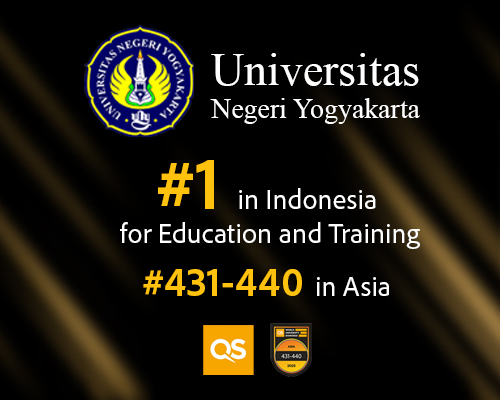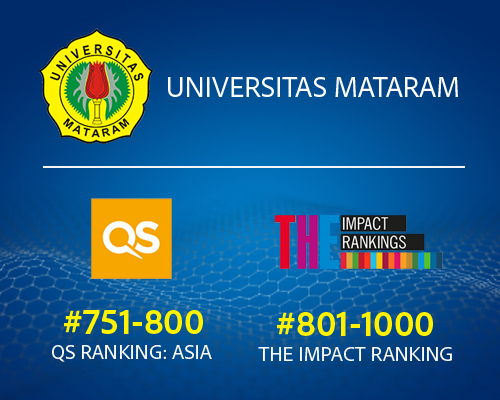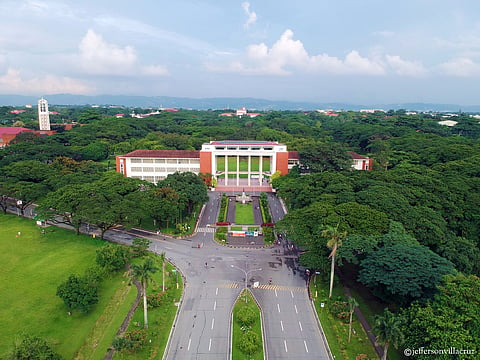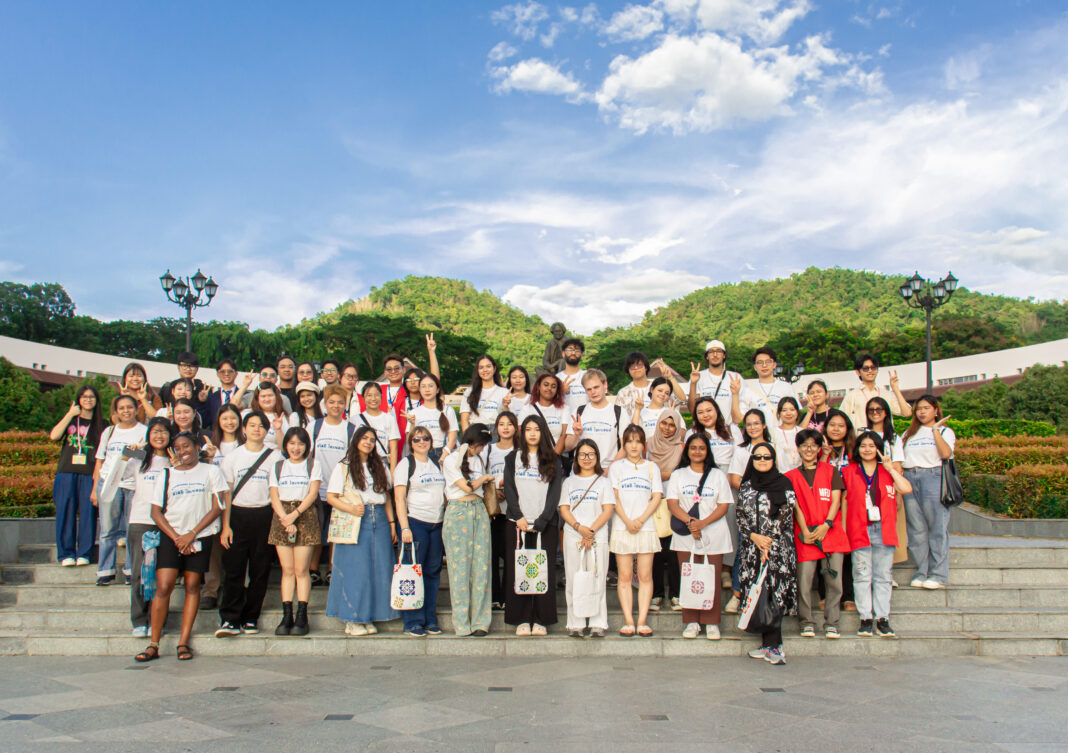The Philippines continues to demonstrate its growing presence in global higher education as six of its universities secure positions in the prestigious 2026 QS World University Rankings. Despite facing stiff competition from over 1,500 institutions worldwide, these Philippine universities showcase the nation’s commitment to academic excellence and international recognition.
Six Philippine Universities Earn Recognition in 2026 QS World University Rankings
The University of the Philippines (UP) system maintains its position as the country’s flagship institution, ranking 362nd globally in the latest QS rankings. Although this represents a slight decline from its 2025 position of 336th, UP continues to demonstrate remarkable strength across multiple academic dimensions.
Moreover, UP achieved an impressive overall score of 40.9, with particularly strong performance in employment outcomes (80.8), academic reputation (50.6), and employer reputation (71.1). The university also excelled in sustainability metrics with a score of 68.9 and international research network collaboration at 66.4.
Challenges in International Diversity Metrics
However, UP’s global ranking faced headwinds from lower scores in internationalization indicators. The university recorded modest figures in international faculty ratio (2.4), international students ratio (1.2%), and international students diversity (5.7). These areas present clear opportunities for future improvement as Philippine institutions work to enhance their global appeal.
Five Additional Universities Join the Global Rankings
Beyond UP’s continued leadership, five other Philippine institutions earned recognition in this year’s comprehensive evaluation of universities from more than 100 countries:
- Ateneo de Manila University demonstrated steady progress, climbing from 516th to 511th place
- De La Salle University maintained its competitive position at 654th, experiencing only a modest decline from the previous 641–650 bracket
- University of Santo Tomas (UST) held steady within the 851–900 band, preserving its established ranking tier
- Adamson University achieved a significant milestone by entering the rankings for the first time in the 1,001–1,200 range
- Mapua University also made its inaugural appearance, securing placement in the 1401+ category
On the flip side, the University of San Carlos, which previously held a 1401+ ranking in 2025, did not appear in this year’s listings, highlighting the competitive nature of maintaining international recognition.
Global Excellence Sets the Standard
The Massachusetts Institute of Technology (MIT) once again claimed the top position, marking its remarkable 14th consecutive year as the world’s leading university. MIT achieved perfect scores of 100 across multiple categories, including academic reputation, employer reputation, employment outcomes, and faculty-student ratio.
The 2026 rankings evaluated over 1,500 universities from more than 100 countries, making this one of the most comprehensive assessments of global higher education quality.
The complete top 10 features a familiar mix of American and British institutions, with the National University of Singapore representing Asia’s strong performance at eighth place. This diverse composition reflects the increasingly global nature of academic excellence.
Understanding the QS Methodology
The QS World University Rankings employ a sophisticated nine-indicator framework to evaluate institutional performance. Academic reputation carries the heaviest weight at 30%, followed by citations per faculty at 20%, and employer reputation at 15%. Additional factors include employment outcomes, faculty-student ratio, and various international measures, each contributing between 5-10% to the final score.
Furthermore, this year’s rankings revealed encouraging trends globally, with nearly 500 institutions improving their performance. Notably, Malaysia’s Sunway University achieved the most dramatic advancement, surging over 120 places to reach 410th position, demonstrating that significant progress remains achievable for ambitious institutions.
Strategic Directions for Philippine Higher Education
The results illuminate specific pathways for Philippine universities to enhance their international standing. While institutions like UP excel in employment outcomes and academic reputation, there’s clear room for growth in international student recruitment and faculty diversity initiatives.
These rankings underscore the evolving competitive landscape of global higher education and highlight priority areas where Philippine universities can focus their strategic development efforts. As the nation continues building its reputation as an educational hub, addressing internationalization challenges while maintaining academic excellence will be crucial for climbing higher in future rankings and attracting world-class talent to Philippine campuses.






